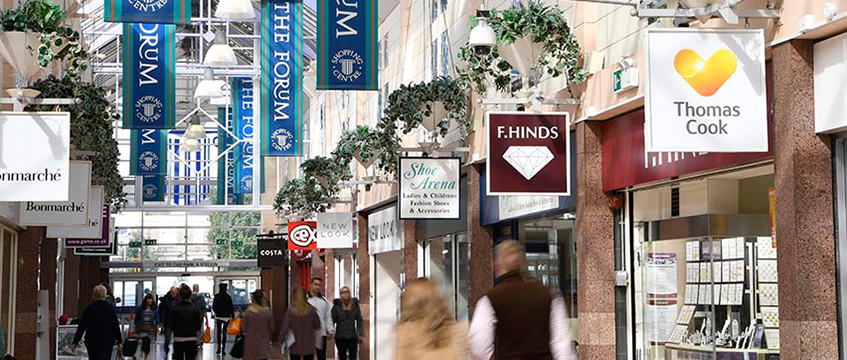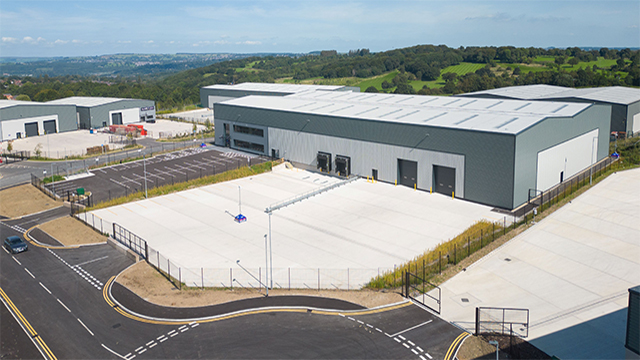Shopping centre investment plummeted by 90% in the first quarter of the year compared with the same quarter in 2018, in what has been the worst Q1 for deal activity on record.
Around £37m has been spent on shopping centre acquisitions so far in 2019, according to Radius Data Exchange, in stark contrast to £466m recorded in the same period last year.
Completed sales during Q1 include Nicholsons Shopping Centre in Maidenhead, Berkshire, to Areli Real Estate; Crown Walk in Bicester, Oxfordshire, to LCP; and the Forum in Sittingbourne, Kent, to Praxis. The findings exclude shopping centres sold at auctions during the quarter.
However, there are some £750m of assets at various stages of the sales process, which could help bring shopping centre investment levels back on track in Q2.
Last year, total investment in shopping centres totalled £1.3bn, well below the five-year average of £3bn.
The increasing number of regional investments, compared with those in prime assets, has meant average yields have moved out to their highest level in almost eight years.
In the three years before the referendum in 2016, assets with a combined value of £12.3bn were traded, compared to an equivalent of circa £5bn in the years afterwards.
A torturously slow start
Funds and landlords with overweight retail exposure, particularly in secondary and tertiary locations, have been under immense pressure from shareholders to sell assets. But it has been an excruciatingly slow quarter for deal activity, especially while valuations remain largely reactionary to retail occupier failures.
There is also little evidence to suggest that values are readjusting quickly enough.
Consequently, the gulf between sellers and buyers has widened further than it has before, on the back of pricing aspirations.
Listed landlords have continued to sell retail schemes at significant discounts to net asset value. For instance, Hammerson made £570m of disposals during 2018, which it said was at an average price of 7% below December 2017 book value.
Analyst’s view
James Child, EG’s head of retail and industrial research, said: “The lack of confidence in the market has trickled up from occupiers through to the top end of investment. A wave of retailer insolvencies has fully eroded appetite in shopping centre schemes.
“Landlords are holding off launching assets to market as values tumble, and inertia from potential investors has been exacerbated by economic uncertainty and retail malaise.”











